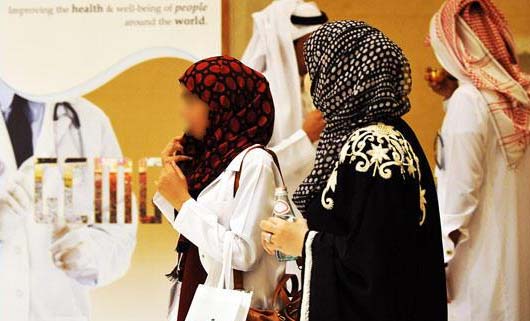
Jeddah, Apr 5: All private businesses must provide medical insurance for their workers and families, including Saudis and expatriates, by next month, the Health Insurance Council has decided.
“The insurance coverage must be given to all workers irrespective of the salaries they receive,” the council stated. The decision would allow Saudis and expatriates access to advanced health services.
It does not apply to the children of Saudi women married to foreign men, or the foreign wives of Saudis. About two million Saudis currently get insurance coverage.
A senior insurance executive, who requested anonymity said that most companies now provide medical insurance for their workers and family members. “We are now waiting for the government to provide medical insurance for all Saudis. This will double the market, which is already worth SR25 billion,” he said.
He said the maximum medical insurance coverage amount for a person would be increased from SR250,000 to SR500,000 from July 1, 2014. “This will naturally increase premiums by 25 to 35 percent,” he said. Some companies have already increased premiums by 5 to 15 percent due to inflation and the rise in medicine prices.
The Health Insurance Council has delayed a proposal to introduce medical insurance for all Saudis by five years based on the findings of a recent study. The Health Ministry and the Shoura Council has studied the scheme extensively over the past few years.
Market experts have welcomed the decision to postpone the scheme because it would give the authorities more time to develop a world-class system.
“We have to adopt best practices, like in countries such as the US, to make the scheme more service-oriented than another money-making business,” Mohammed Abdussalam, a professor at King Abdulaziz University’s faculty of engineering said.





Comments
Add new comment